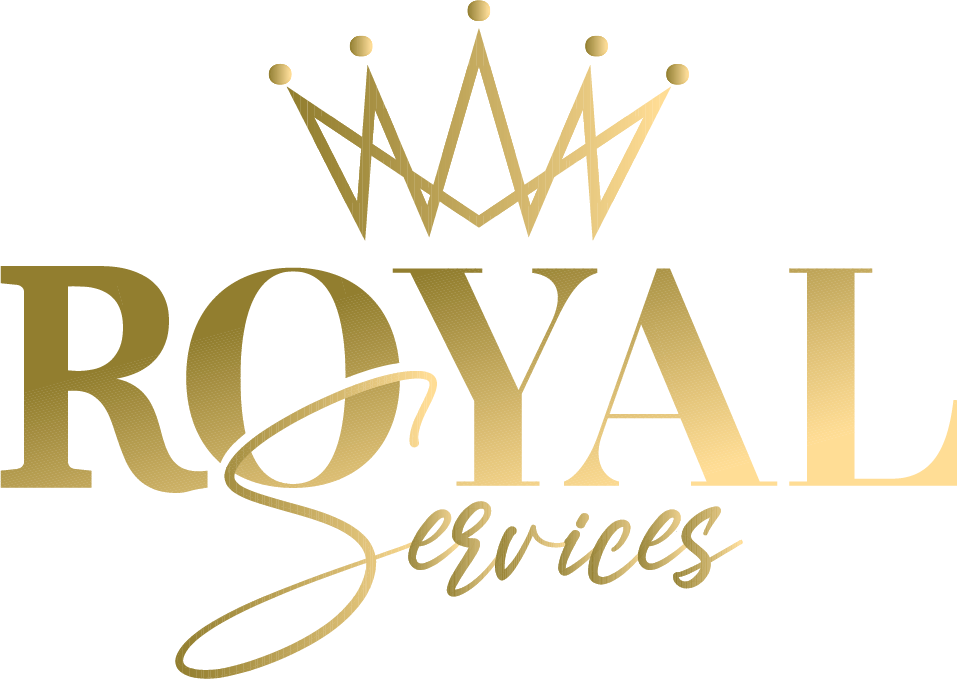Buying Your First Home Without the Guesswork
Purchasing your first home is a monumental event in anyone's life, filled with excitement, anticipation, and, of course, a touch of anxiety. For new buyers, navigating the intricacies of homeownership can often feel overwhelming. However, with the right guidance and preparation, the process can become manageable and even enjoyable. In this blog post, we'll delve into various aspects of buying your first home, emphasizing mortgage readiness, housing affordability, and effective first home planning.

Understanding Mortgage Readiness
Before diving into the real estate market, you need to assess your mortgage readiness. This involves evaluating your financial situation, including income, expenses, and savings. Here are some key aspects to consider:
1. Credit Score Impact
Your credit score plays a crucial role in determining your mortgage options; a higher score can secure better rates. Aim for a score of at least 620 for conventional loans, although some programs may accept lower scores. Obtain your credit report, review it for errors, and take steps to improve your score, like paying down existing debt.
2. Calculate Your Budget
Analyze your budget to figure out how much you can afford. A general rule of thumb is to aim for a home that costs no more than three times your annual income. Be sure to include potential closing costs, which can add up to 3-6% of the purchase price, in your calculations.
3. Save for a Down Payment
While some loans allow for a 0% down payment, saving for a down payment of 20% will help you avoid private mortgage insurance (PMI). Start a dedicated savings account for this purpose and consider using budgeting tools to track your progress.
Researching Market Trends
Understanding current market trends will help you identify the right time to buy. Investigate local and national trends, interest rates, and housing inventory. Resources like Zillow or Realtor.com can offer insights into current listings and price fluctuations in your desired area.
1. Neighborhood Research
Selecting the right neighborhood is crucial for the success of your home purchase. Research potential neighborhoods that align with your lifestyle preferences, such as amenities, proximity to work, schools, and safety. Consider visiting these areas at various times during the day to gauge the community atmosphere.
2. Housing Affordability
Affordability is a major consideration and varies significantly based on location. Use online calculators to assess various price points, mortgage terms, and interest rates to determine potential monthly payments. Also, keep an eye on housing trends to ensure your investment aligns with your financial goals.
Preparing for the Process
Once you're confident in your finances and have researched the market, it's time to prepare for the home-buying process:
1. Find a Trustworthy Real Estate Agent
Hiring a skilled real estate agent can ease many uncertainties. Choose someone experienced in your target markets and familiar with local regulations. A good agent will guide you through negotiations, pricing, and closing details, ensuring you don't miss crucial steps.
2. Understand Escrow
When you find a home you love, your offer may include an escrow period, which is the time between your offer acceptance and the final closing of the sale. During this time, various tasks such as inspections, appraisals, and paperwork must be completed. Having a reliable agent will make this process smoother, minimizing potential stress.
Closing the Deal
As you move closer to owning your first home, understanding the closing process is key. During this stage, be prepared to handle:
1. Closing Costs
As mentioned earlier, closing costs can be a significant part of your budget. These could include mortgage application fees, title insurance, and inspection fees, among others. Ask your lender for a detailed estimate of these costs to avoid surprises at the closing table.
2. Final Walk-Through
Before the deal closes, always schedule a final walk-through of the property to ensure it is in the agreed-upon condition. It's your opportunity to address any last-minute concerns before everything is finalized.
Achieving Your Homeownership Goals
By following this comprehensive guide to buying your first home, you can eliminate much of the uncertainty that comes with this significant decision. As a new buyer, remember that proper planning and knowledge are your best tools in navigating the real estate landscape.
Throughout your journey, stay focused on your homeownership goals, whether that's finding a forever home, a place for family gatherings, or an investment property. By preparing thoughtfully, you can make informed decisions and embark on a successful home-buying experience.
Take Action Today!
Now that you're armed with essential information for buying your first home, it's time to take action! Start by assessing your mortgage readiness, conducting neighborhood research, and setting clear goals for your homeownership journey. If you're ready to start exploring your options or want to learn more, leave a comment below or share this post with someone embarking on their home-buying adventure!
💡 Found this helpful? Share with someone who’s planning to buy a home. Follow us on Facebook and Instagram for more expert credit tips.
